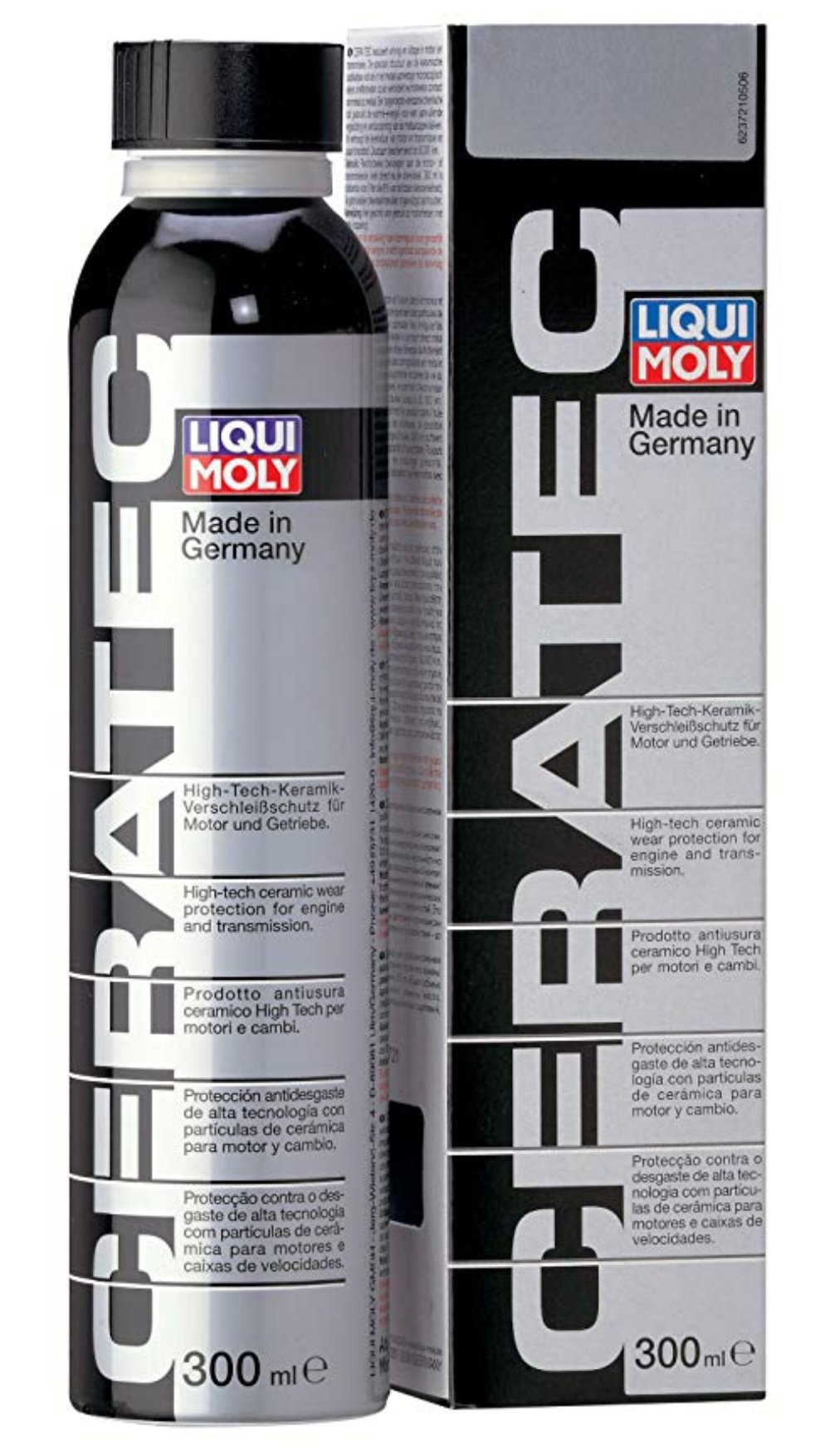I find that highly unlikely. With control of all variables, the best you could possibly hope for with any formula is ~1%, probably slightly less. That would be using the most robust anti-friction formula you could possibly make with several different moly-complexes, titanium oxides, ionic liquids, and other friction reducers all working in synergy, with the oil as hot as you could reasonably run it. The difference in the friction reduction is miniscule compared to the drivetrain parsitic losses, rolling resistance in the tires, brake drag, aerodynamics, and so on... all of that pales in comparison to the biggest variable in fuel economy of them all... you're right foot.
If you actually saw a 3% difference, the most likely case is you acknowledging that it's there and thus paying more attention to your driving habits, possibly even subconsciously.


